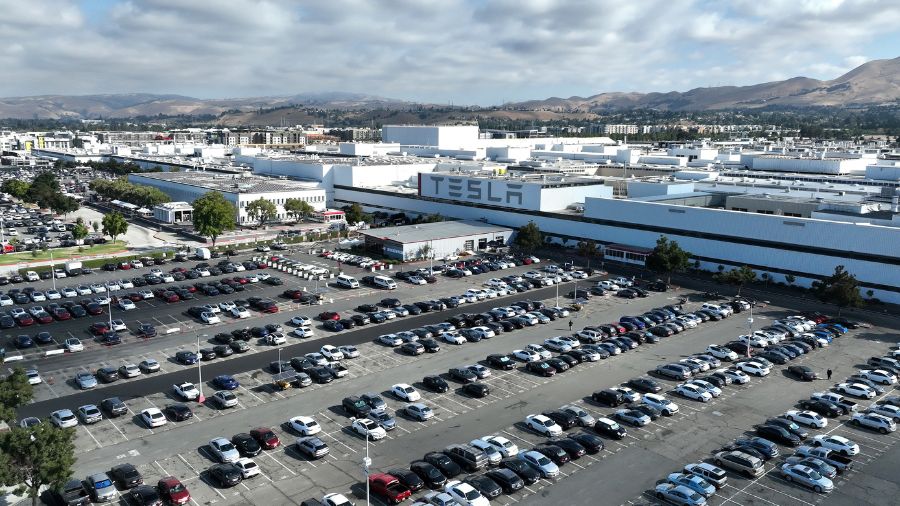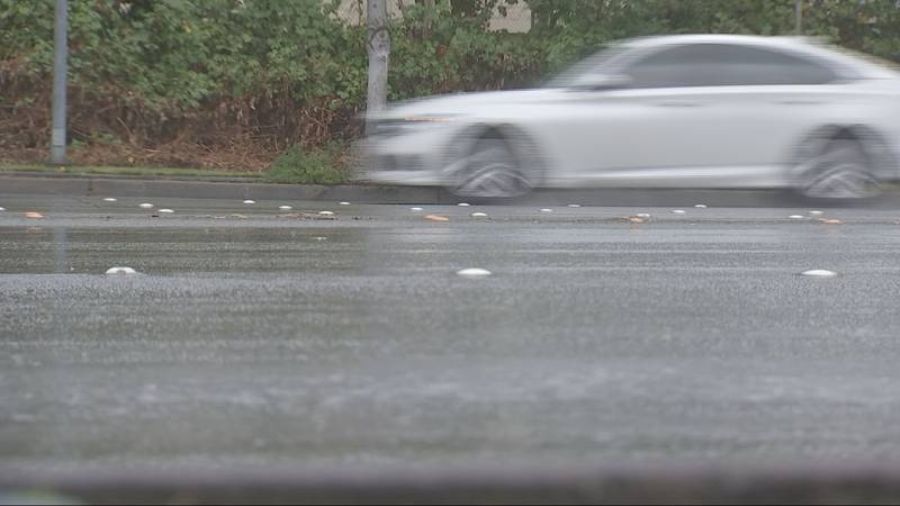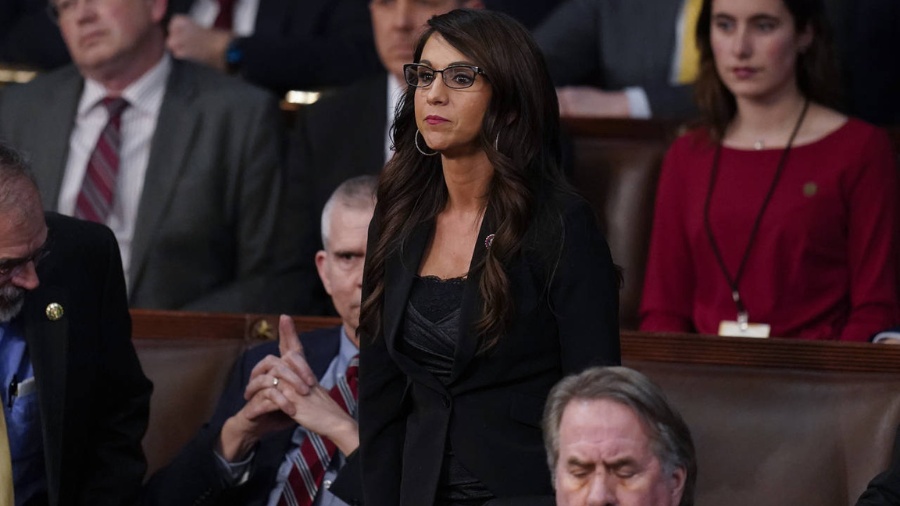KIRO Radio hosts attempt to solve Seattle’s anxiety problem
Nov 7, 2021, 7:06 AM

People take in the views from Pike Place Market in Seattle. (Photo by David Ryder/Getty Images)
(Photo by David Ryder/Getty Images)
Are you anxious? If so, and you live in the Seattle metro area, you’re apparently in the majority.
A new study out of the U.S. Census Bureau has found that Seattle is ranked as the most anxious metro area in the country.
The study, which looked at the time between Sept. 29 and Oct. 11, 2021, found that 54.5% of the adult population among the state’s three most populous counties experienced symptoms of anxiety.
That places it ahead of every other state and metro area that was analyzed in the new, experimental House Hold Pulse Survey, which looks to gather data to the benefit of policy makers seeking to develop ways to mitigate the economic and social impacts of the pandemic.
The data, as reported on by the Seattle Times, implies that there is not a 100% correlation between economic uncertainty and anxiety: Other metro areas surveyed have greater unemployment and levels of poverty than Seattle, but less anxiety.
KIRO Radio’s Dave Ross and Rachel Belle sought the answer to why Seattle holds the inauspicious title for most anxious city in America.
Of course, any conversation about the city’s culture must start with the ground zero of Seattle’s gripes: the rain and the traffic.
“When it rains, there’s always an accident,” Ross broke to his listeners.
“The freeways are jammed. You can’t go anywhere when there’s snow, there’s an accident,” he said. “Freeways are jammed when it’s sunny. There’s sunshine slowdowns, freeways get jammed. You wake up in the morning and the first thing you ask is, can I leave my house today safely?”
Belle offered up a different take. She looked at how the reports about anxiety break down, roughly, according to generation: The older you get, the less willing you are to tell a census representative that you feel “anxious, uncertain, or on-edge.” The kids are not all right because they “are worried about things that don’t matter.”
“I was very annoyed during the pandemic with all of the things people complained about that to me just seems like complaining about things because you don’t actually have real problems in your life,” Belle contended.
“We’re mostly all at home in our cozy homes, we’re watching Netflix where you have enough to eat, all of that stuff,” she said. “People were complaining that their package was taking too long to arrive, which, we’re in a pandemic, of course it might take a little longer. I think we’re just so used to things working out, going like clockwork in this country.”
“People get upset if their Pilates class gets canceled, you know? The fact that it’s that younger generation makes sense because I think that they’re anxious over things that kind of don’t matter,” she added.
Ross countered with his view that, culturally, Seattle simply takes itself too seriously.
“I recall the public discussions back in Atlanta where I lived, back in New York where I grew up, were about how to fix the streets, which neighborhood should get sidewalks, is trash collection reliable,” Ross recounted.
“Here in Seattle, we’re still arguing which economic system is best, right? Is it capitalism or is it Marxism? Can we remake human nature? I think that’s part of what’s exhausting about Seattle: Nothing is taken for granted,” he said. “We’re always trying to remake the fundamentals.”
They both agreed that the practical solution was simply the age-old wisdom to be more present in your day to day life.
“A lot of this anxiety can probably be solved by doing a lot of mindfulness,” Belle added.
“Personally, [when] I’m cleaning my house, I put on a podcast, I put on music, or before I go to bed I’ll watch a show or read. I don’t give myself as much time anymore to just have blankness and quietness and just think,” she said. “All those things are kind of distracting, so to get mindful and just take the time to actually think about like what upset me today, do those things actually matter.”
“Just be more self aware and find the things that are good in your life.”
Listen to Seattle’s Morning News weekday mornings from 5 – 9 a.m. on KIRO Radio, 97.3 FM. Subscribe to the podcast here.














